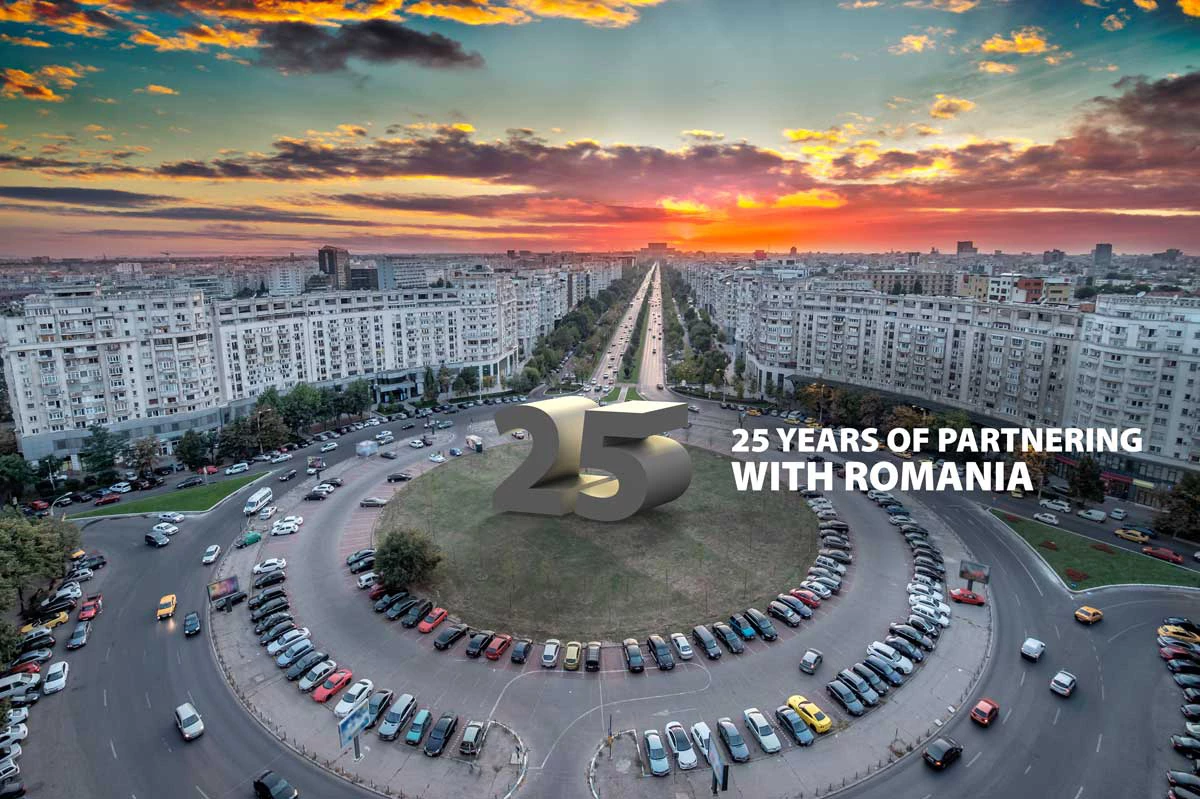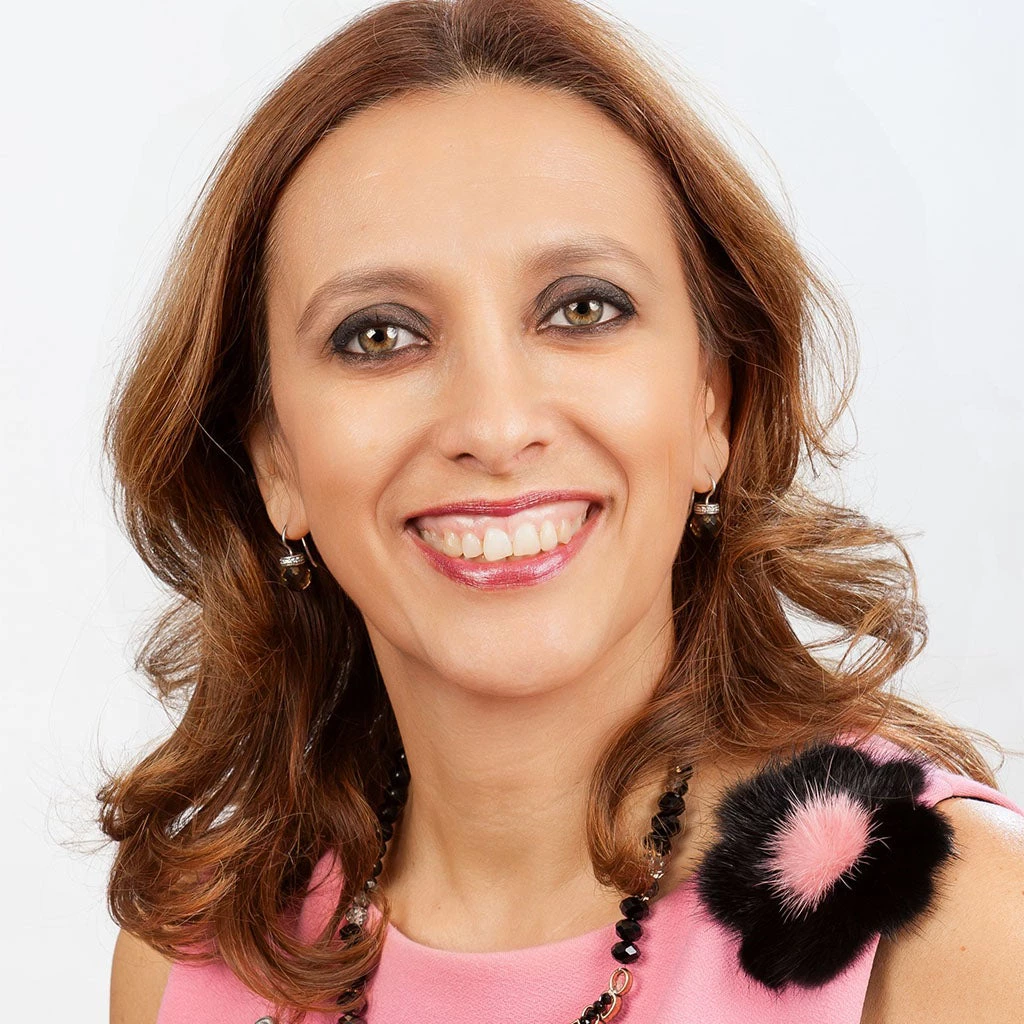
In 1991, the World Bank Group opened its resident office in Bucharest and this November we will celebrate 25 years of continued presence in Romania. Romania joined the World Bank in 1972, yet it is really 1991 that marks the opening of the institution’s presence in Romania and our new role in a free and democratic nation. What an honor for me to be leading the World Bank office in Bucharest 25 years later, after another woman, Arna Hartmann, opened it in a Villa on Dacia Street. At that time, the office was home to Arna and her family, to many of the staff who are still proudly working with us today, and a place for meetings with our Romanian counterparts.
I am so grateful to President Iohannis for hosting us at the Cotroceni Presidential Palace on November 1, 2016, for a high-level conference with a distinguished array of Romanian representatives and with past and present World Bank Group leadership. It is an opportune occasion to take stock of Romania’s successes and discuss our continued work in building a stronger and more equal Romania in the years ahead.
A quarter century is the measure of a generation and it is as an important milestone for an institution, as it is for a human being. Our presence in Romania has matured together with the country’s first generation of people born in a free economy and society. The challenges they faced, where the face of our support for change.
The Bank’s role has changed, grown and adapted in this time. It went from helping Romania overcome the difficult economic transition in the 1990s, to supporting the EU membership goal in the 2000s, to helping withstand the crisis of 2008, and to helping Romania rethink the way its public administration can better serve its citizens and businesses and access global knowledge and reform solutions for achieving faster EU convergence. Throughout this period we have aimed at supporting our aspiration for Romania to be a more inclusive, honest, transparent, modern, green, and resilient society.
From our early loan in 1991 for the continued provision of basic social services in post-socialist Romania, to our most recent project to reduce nitrate pollution in drinking water across rural communities, the World Bank Group has been a solid and reliable advocate for a better future for all Romanians. Over the past 25 years, we have employed a mix of investments, analysis, and technical assistance to shape improvements in education and health, agriculture and justice, transport and social assistance, programs for the poor and for the inclusion of the Roma, environment and private sector development, to name only a few.
To date we have provided over $12.5 billion dollars for more than 95 projects, with our colleagues in the International Finance Corporation contributing another $2.5 billion to support long-term finance in another 80 projects. Our technical assistance, studies and analysis are too many to count. We have transferred knowledge and we have learned a lot from Romania and spread such knowledge elsewhere.
We are here for Romania today as it aspires to become a European leader in research and innovation and a magnet for foreign investments, and we will be here for Romania to address the ongoing challenges of poverty and social exclusion that continue to touch over 40 percent of Romanian citizens. This figure is too high for an EU country. It is our priority to continue supporting an agenda for Romania that envisages better public services that leave no one behind. Coupled with greater competitiveness, innovation and productivity, an improved education and a modern health system, these changes hold the promise of greater opportunities for every citizen of this country.
Through times of economic and social difficulties, Romania has shown times and again that in the face of headwinds it emerges as a stronger country, ready to take on the task of greater aspirations.
As we get ready to celebrate the World Bank Group-Romania silver anniversary, it is also high time for self-reflection. My own daughter just turned 24 and it is at around this time, 25 years ago, that I decided to leave the comfort of my own country, join the Italian diaspora, move to Manila, Philippines, and work in the development field. The aspirations were then to make a difference for the poor and excluded people around the world, and after working in more than forty countries, undertaking countless trips and many family relocations, these aspirations remain unshaken in Bucharest.
In the twenty-five years of partnership in supporting growth, modernization, fighting poverty and promoting greater prosperity, the World Bank in Romania has shown that it does make a difference. We have touched the lives of so many people and they have touched that of every staff of the World Bank Group who had the fortune to work in Romania. I look forward to witnessing the journey that Romania and the World Bank Group will continue together to support Romania’s vision for a more prosperous and inclusive future.


Join the Conversation